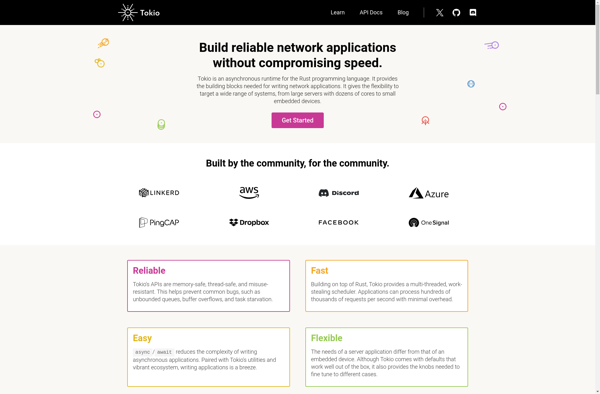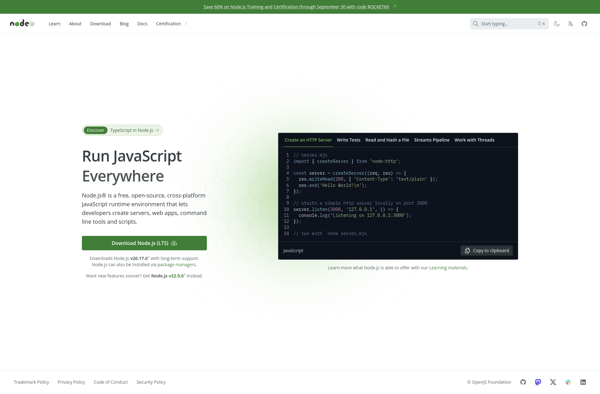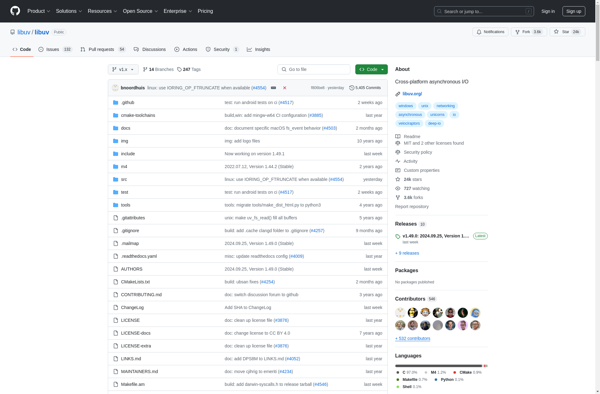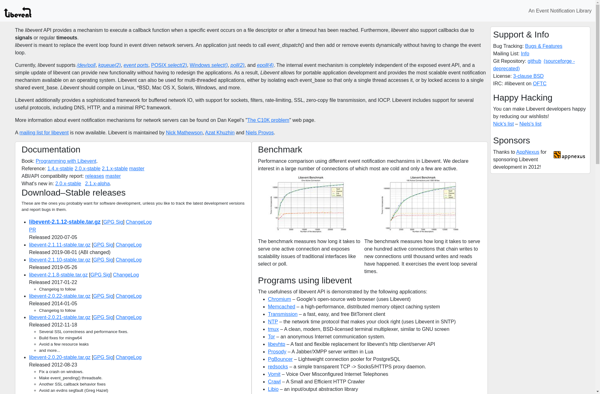Tokio

Tokio: Asynchronous I/O Framework
Open-source framework for building scalable network applications in Rust with runtime for asynchronous tasks, non-blocking I/O, and task scheduling.
What is Tokio?
Tokio is an open-source asynchronous I/O framework for building scalable network applications in Rust. It consists of a few components:
- The Tokio runtime provides a platform to execute asynchronous tasks and perform non-blocking I/O operations. It manages an executor and event loop under the hood.
- Futures are used to represent asynchronous tasks and compose them. Tokio provides many utilities to work with futures.
- Tokio also includes TCP and UDP sockets to do non-blocking network I/O.
- There are also synchronization primitives like Mutex and Semaphore to safely share data between tasks.
The main advantage of Tokio is that it enables developing fast, concurrent network services in Rust without some of the headaches of threads and locks. Since it uses a single-threaded event loop under the hood, there is no need to worry about shared state. The async/await syntax also makes the code look synchronous.
Overall, Tokio is a powerful framework for building everything from web servers and databases to message queues and streaming systems. Many major Rust projects like Hyper and Axum build on top of Tokio.
Tokio Features
Features
- Asynchronous I/O
- Non-blocking I/O
- Task scheduler
- Runtime for async tasks
- Built in Rust
Pricing
- Open Source
Pros
Cons
Official Links
Reviews & Ratings
Login to ReviewThe Best Tokio Alternatives
Top Development and Asynchronous Programming and other similar apps like Tokio
Node.js

Libuv

Libev

Libevent
